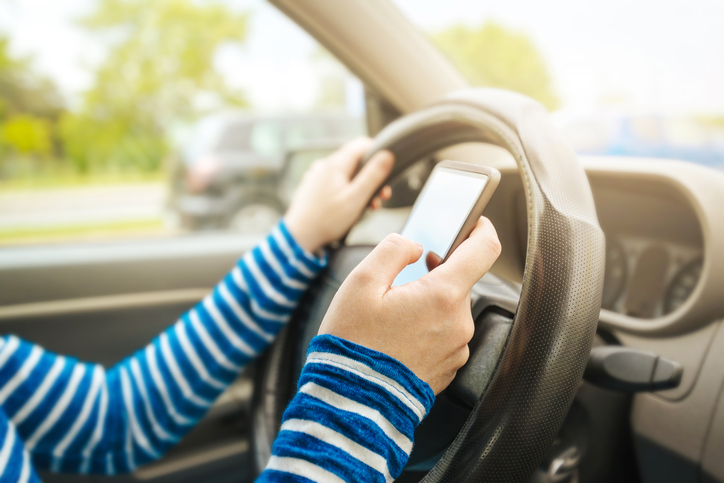Avoid risky behaviour and prevent bad habits when learning how to drive, ICBC urges
Now that summer’s in full swing, teenagers are taking advantage of the school break to learn how to drive. Summer is the busiest time at Driver Licensing Offices. In August alone, an average of 5,500 B.C. teens get their learner’s licence.
Although youth injuries and deaths from car crashes are declining in B.C., on average, 32 youth aged 16 to 21 are killed and 6,900 are injured every year. That’s why it’s important for teens to get a good start to their driving careers by building strong foundational skills that will make them safe and confident drivers for life.
When young drivers hit the road for the first time, they get a sense of newfound freedom and independence. But driver inexperience and overestimation of ability contribute to crashes.
ICBC’s top five tips for parents teaching their teen to drive
- Review the rules: Once your teen has their class 7 learner’s licence, they can hit the road with a qualified supervisor. Review your teen’s copy of ICBC’s Tuning Up for Drivers guide to brush up on the rules of the road and learn about the restrictions of each stage of the graduated licensing program so that you can make sure your teen follows them. This is also a great time to work on any of your own bad driving habits to set a good example for the new driver in your house.
- Gearing up: The type of car your teen learns to drive on can make a big difference. It’s best to learn on a vehicle that’s a manageable size, has good visibility, an automatic transmission and as many safety features as possible. Begin your driving lessons on roads with minimal traffic and avoid rush hour congestion to help build your teen’s confidence and ease their nerves. A driving lesson can be stressful for both teens and parents, so it’s a time to stay calm, focused on the road and avoid any distractions.
- Call in the experts: To help your teen gain as much driving experience as possible consider signing them up for lessons through a professional driving school, if you can. Instructors can be objective without the emotion that’s often involved in parent-teen relationships. If you do choose this route, stay involved and discuss what they’re learning. ICBC-approved driver training could take six months off a new driver’s time in graduated licensing.
- Test it out: To prepare for your teen’s road test, practice driving as much as possible at different times of the day, in different weather and road conditions and in unfamiliar neighbourhoods. That way they’ll be prepared for whatever conditions they encounter on the day of their road test. Teens can also take ICBC’s road ready quiz to help them avoid common driving mistakes.
- Keep them safe: Once your teen has passed their class 7 road test and can now drive without a supervisor, consider creating a family contract. It helps set out your expectations of your teen, the responsibilities you want them to show on the road and the consequences for breaking those rules.
If your teen will be driving your vehicle, review your insurance coverage. If your vehicle is rated in an experienced rate class (all drivers in a household with at least 10 years’ driving experience), you’ll need to change the rate class.
Teens can find the redesigned practice knowledge test, video driving tips and road signs practice test on icbc.com. The practice knowledge test can also be downloaded as an app free from the Apple Store.
Media contact:
Sam Corea
604-982-2480





